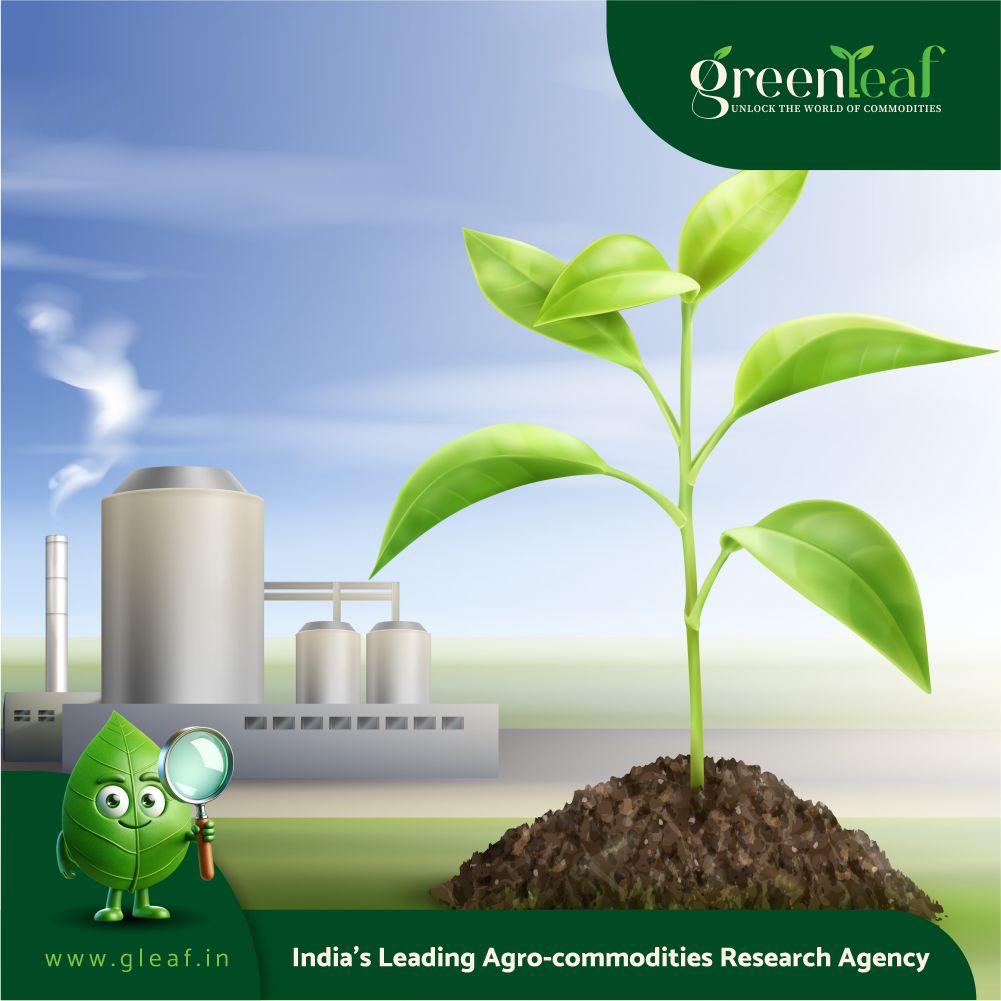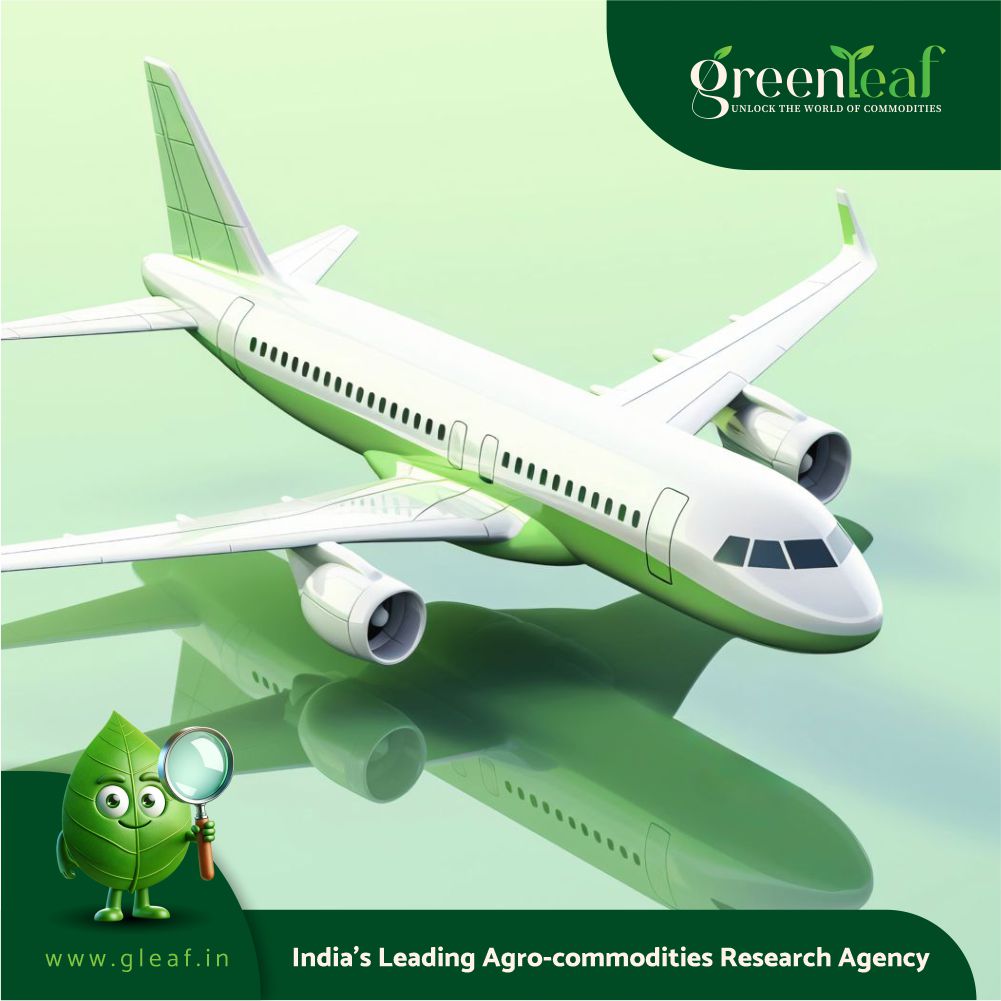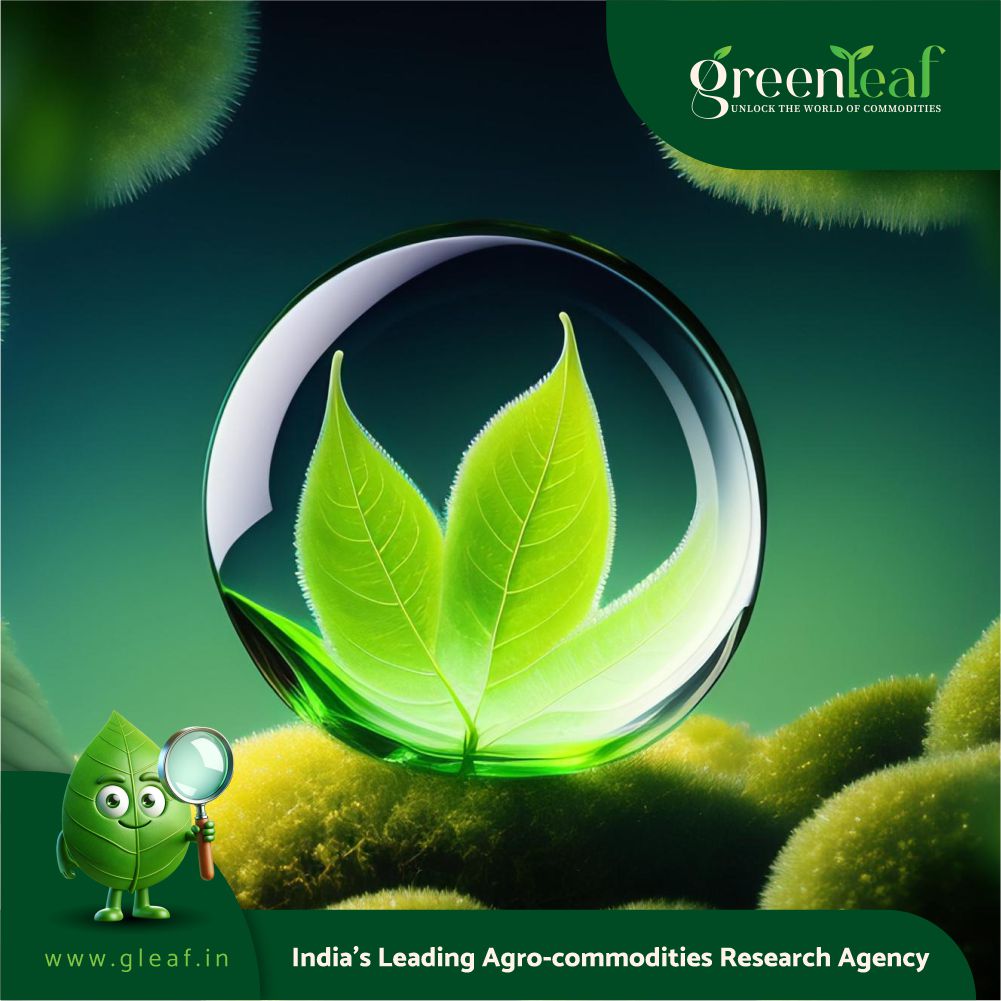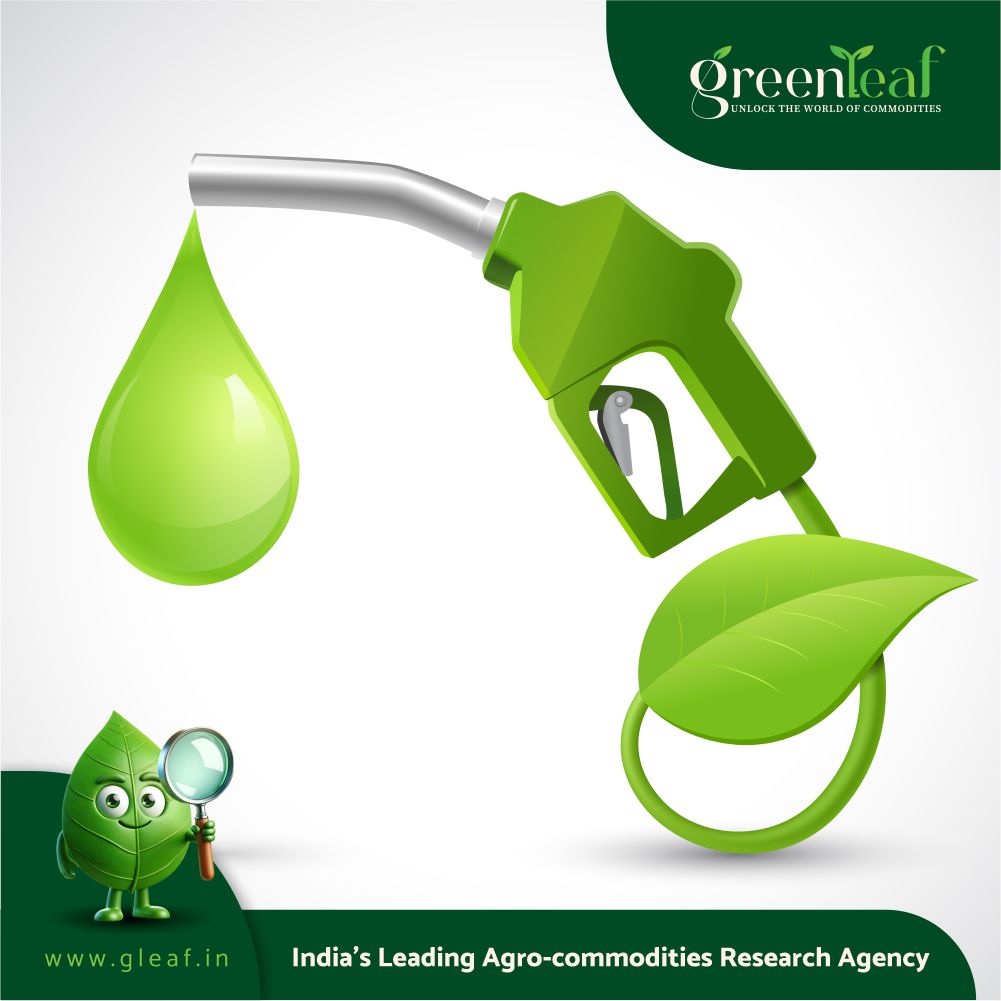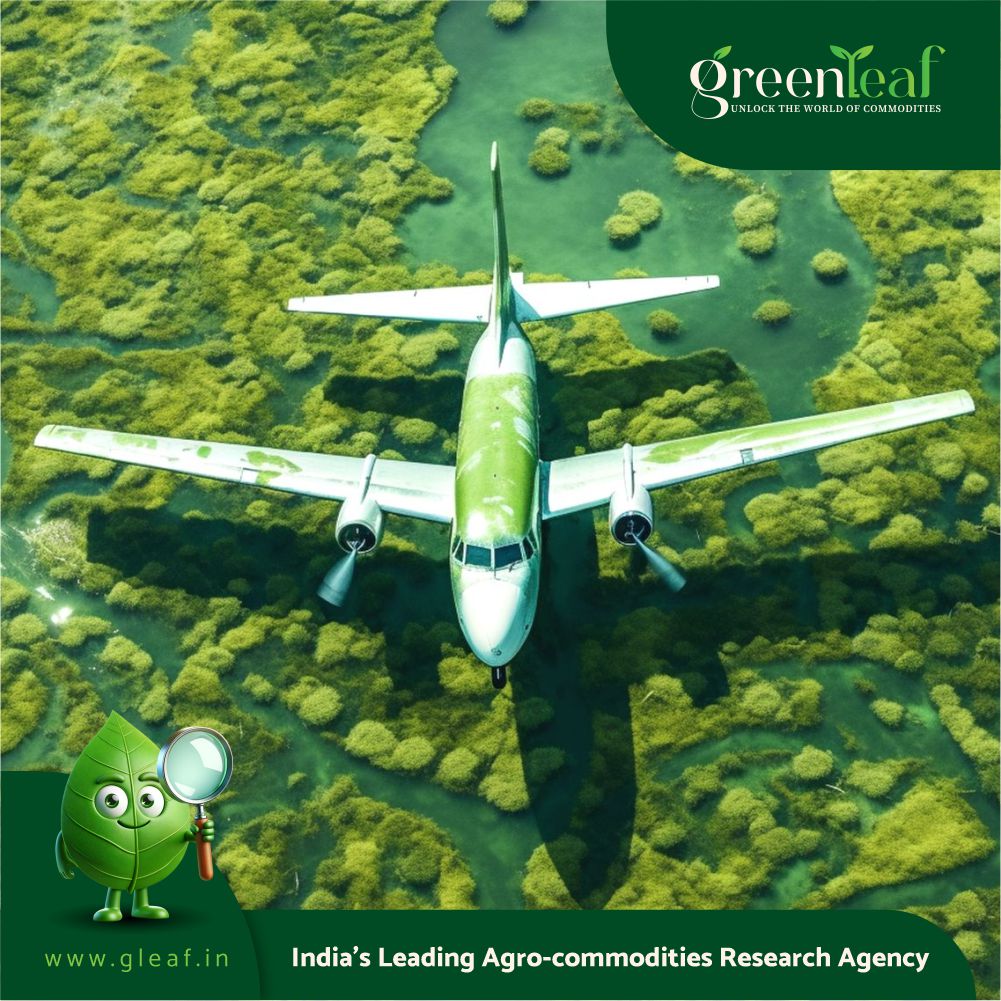Travelers around the world are becoming more conscious of their environmental impact, and the aviation industry is responding with bold moves. Europe and the UK are leading the global charge in the use of sustainable aviation fuel (SAF), a key solution in the fight against climate change. With robust policies like ReFuelEU and the SAF Mandate, Europe is positioning itself as a hub for cleaner, greener skies. This transition isn’t just good for the planet; it’s also an exciting development for travelers seeking eco-friendly travel options.
What is Sustainable Aviation Fuel (SAF)?
Sustainable Aviation Fuel (SAF) is a revolutionary fuel source that aims to reduce the aviation sector’s carbon footprint. Unlike traditional jet fuel, SAF is produced from renewable feedstocks such as waste oils, plants, and even algae. SAF can significantly lower carbon emissions when used in place of conventional aviation fuel, making it a crucial component in global decarbonization efforts.
In Europe, ReFuelEU Aviation is a landmark regulation that mandates a growing percentage of aviation fuel supplied at EU airports to be SAF. Starting at just 2% in 2025, this requirement will rise to 70% by 2050. This commitment aligns with the EU’s ambitious climate goals and ensures that travelers can enjoy a cleaner flight experience as SAF becomes more widely adopted.
Europe and the UK’s Role in the SAF Revolution
Both the European Union (EU) and the United Kingdom (UK) have embraced the need for cleaner aviation fuel, creating frameworks and incentives that encourage SAF production. The EU Renewable Energy Directive (RED III) sets a target of 42.5% renewable energy across the bloc by 2030. With a focus on sustainable transportation fuels, including SAF, the EU is positioning itself as a global leader in the transition to cleaner energy.
In the UK, the Renewable Transport Fuel Obligation (RTFO) requires at least 14.6% of fuels used in road transport to be renewable by 2025. This has spurred demand for advanced biofuels, including SAF, made from waste products. Additionally, the UK’s SAF Mandate calls for 2% SAF to be blended into aviation fuel by 2025, gradually increasing to 22% by 2040. This policy reflects the UK’s commitment to reducing aviation-related carbon emissions and improving fuel sustainability.
Tourists and Travelers: What Does SAF Mean for You?
For global travelers, the shift towards SAF offers an exciting prospect: flying with a lighter environmental footprint. Airlines operating out of European airports are increasingly incorporating SAF into their fuel mix. As SAF production scales up, travelers can expect to board planes powered by cleaner fuels, helping to reduce the aviation sector’s contribution to global warming.
Tourists visiting Europe will see firsthand how the continent is embracing sustainable energy, not just in aviation but across all sectors. Many European airlines are expected to meet SAF mandates in the coming years, making flights more eco-friendly for everyone.
Aviation Decarbonization and Its Global Impact
The push for SAF is part of a broader strategy to decarbonize aviation—a sector that has long been difficult to electrify. In fact, aviation contributes significantly to global carbon emissions. The adoption of SAF will be a game-changer, offering a renewable alternative to fossil-based jet fuel. This will help achieve global climate goals, including those set by the Paris Agreement.
As SAF production grows, it will play a crucial role in reducing carbon emissions from air travel, which is one of the most carbon-intensive forms of transport. However, the production of SAF is still in its early stages, and Europe is expected to lead the way in scaling up its availability. In fact, eSAF (electro-fuel SAF), which is made using renewable electricity and captured carbon, is expected to become a cornerstone of Europe’s aviation decarbonization efforts.
The Challenges: Supply, Costs, and Investment
While the transition to SAF is promising, there are challenges ahead. One of the primary concerns is the availability of feedstocks. As countries like China increase their domestic use of waste oils, the supply of renewable materials for SAF production could become constrained. Additionally, scaling up SAF production requires significant investment in infrastructure and technology.
Despite these challenges, Europe remains committed to overcoming these barriers, and governments are working alongside private industry to create a more sustainable aviation sector. Investment in technologies like Power-to-Liquid (PtL) and synthetic fuels is expected to accelerate, paving the way for a future where SAF is the norm, not the exception.
Looking Ahead: SAF’s Role in Global Travel
As the world becomes more eco-conscious, travelers can expect to see more sustainable options on their flight bookings. The EU and UK are proving that a transition to renewable aviation fuels is not just possible, but necessary. For tourists visiting Europe, it’s an opportunity to experience first-hand how forward-thinking policies can shape a cleaner, greener future.
Europe’s leadership in SAF adoption could be a model for other regions around the world to follow. If successful, the use of SAF could set the stage for a global transformation in aviation, making it easier for everyone to travel sustainably. As SAF production scales up, the aviation industry is poised to become a key player in the global effort to tackle climate change.

